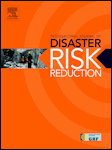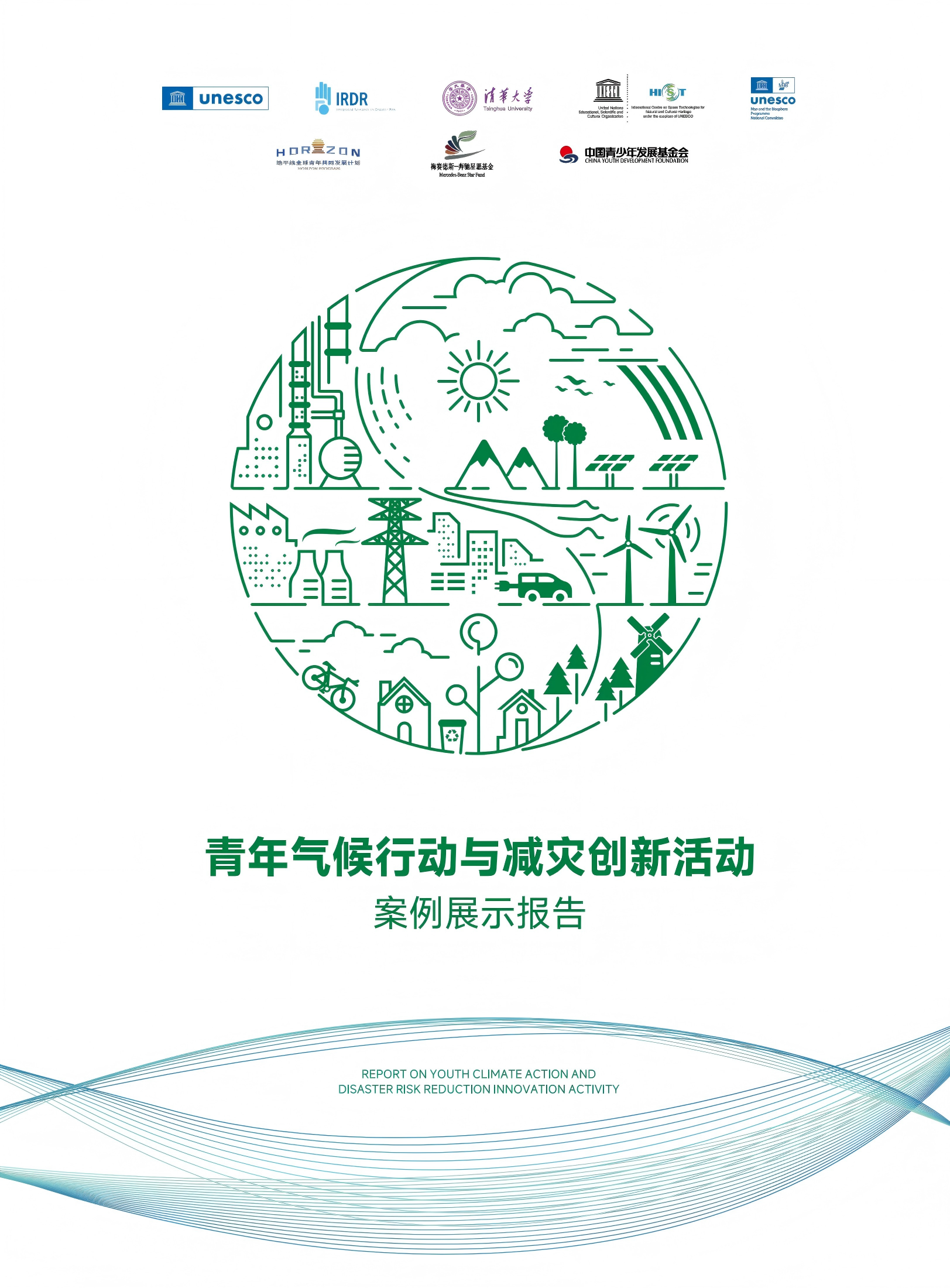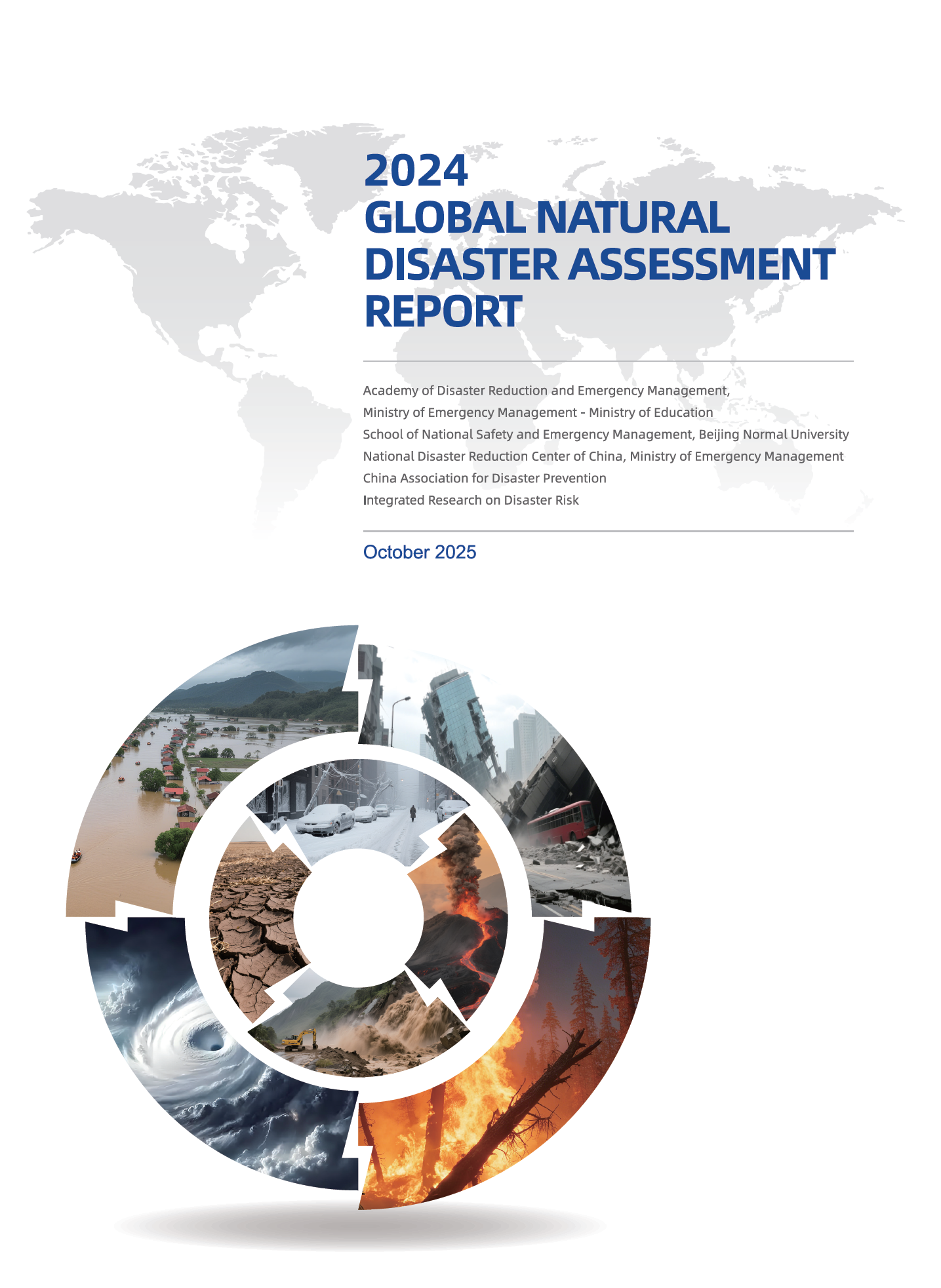Abstract
Understanding how people interpret risks and choose actions based on their interpretations is vital to any strategy for disaster reduction. We review relevant literature with the aim of developing a conceptual framework to guide future research in this area. We stress that risks in the context of natural hazards always involve interactions between natural (physical) and human (behavioural) factors. Decision-making under conditions of uncertainty is inadequately described by traditional models of ‘rational choice’. Instead, attention needs to be paid to how people’s interpretations of risks are shaped by their own experience, personal feelings and values, cultural beliefs and interpersonal and societal dynamics. Furthermore, access to information and capacity for self-protection are typically distributed unevenly within populations. Hence trust is a critical moderator of the effectiveness of any policy for risk communication and public engagement.






